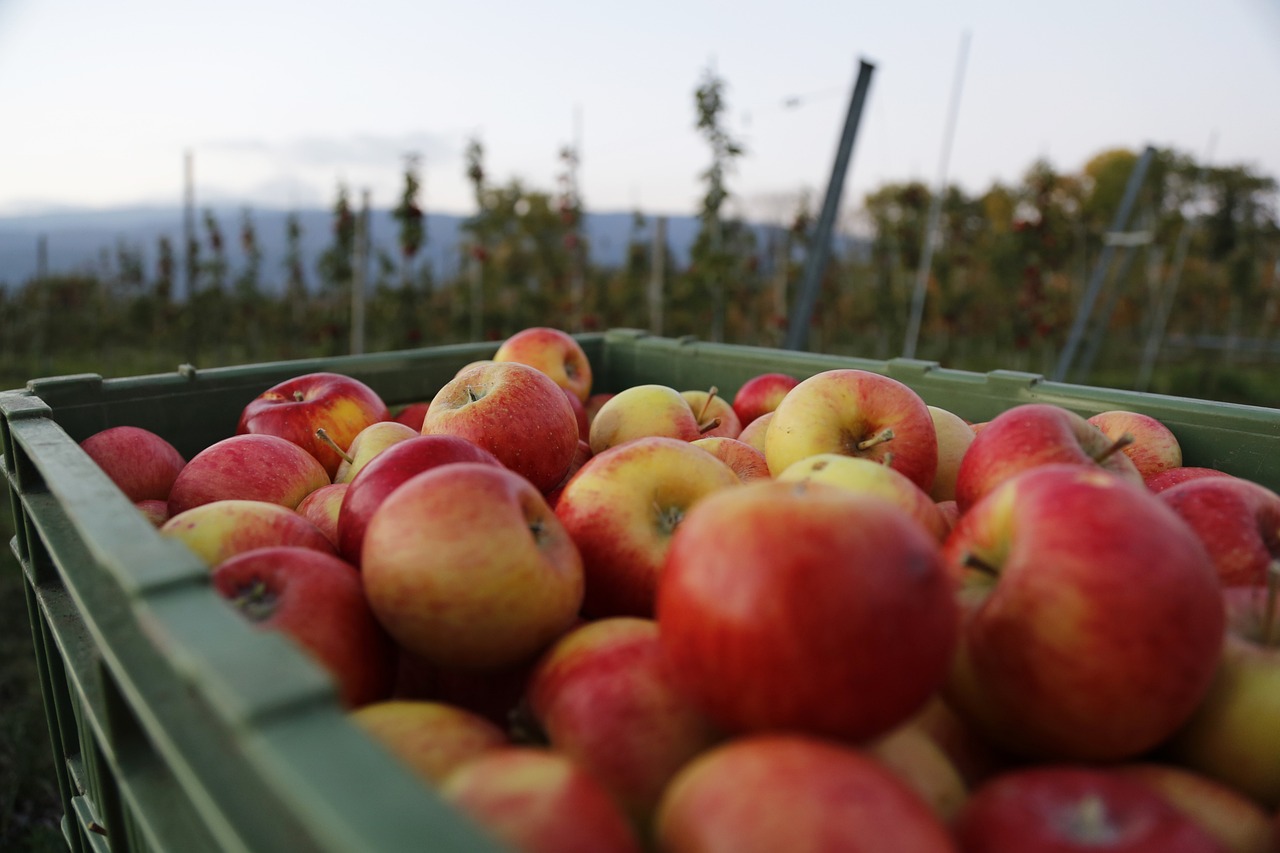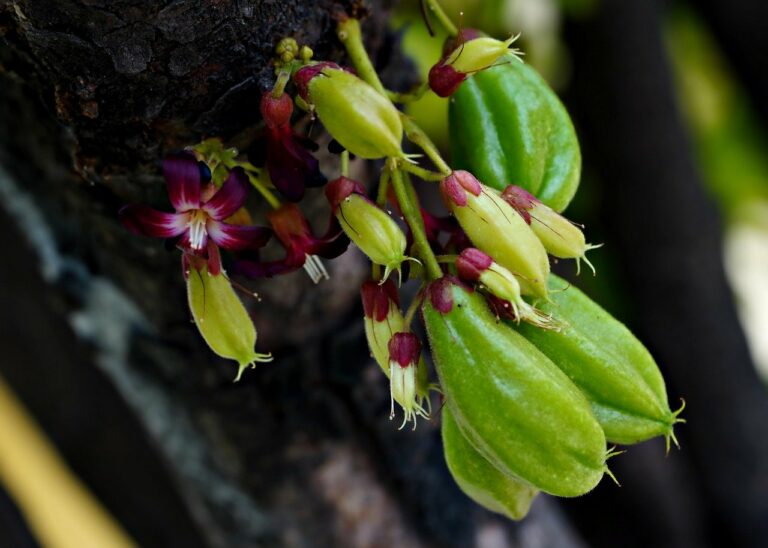Exploring the Relationship Between Agroecology and Indigenous Knowledge Systems: Laser247 register, Lotus3655, Sky247login
laser247 register, lotus3655, sky247login: Exploring the Relationship Between Agroecology and Indigenous Knowledge Systems
If you’ve ever stopped to think about where our food comes from and how it’s grown, you’ve likely considered the importance of sustainable agriculture practices. One such practice gaining recognition and traction in recent years is agroecology. But what exactly is agroecology, and how does it relate to indigenous knowledge systems? In this blog post, we’ll delve into the relationship between agroecology and indigenous knowledge systems, exploring the ways in which these two concepts intersect and complement each other.
What is Agroecology?
Agroecology is a holistic approach to agriculture that seeks to mimic natural ecosystems, promoting biodiversity, soil health, and resilience to climate change. Unlike conventional industrial agriculture, which relies heavily on synthetic inputs and monocropping, agroecology emphasizes the importance of working with nature rather than against it. By harnessing ecological processes and principles, agroecology aims to create sustainable and resilient food systems that benefit both people and the planet.
One of the key tenets of agroecology is the recognition of traditional knowledge and practices, including those of indigenous communities. Indigenous knowledge systems have long been stewards of the land, preserving and passing down wisdom about sustainable farming practices, seed saving techniques, and natural resource management. By integrating indigenous knowledge into agroecological practices, we not only honor and respect the wisdom of these communities but also enhance the effectiveness and sustainability of our food systems.
The Relationship Between Agroecology and Indigenous Knowledge Systems
At the heart of agroecology lies a deep respect for the environment and a recognition of the interconnectedness of all living beings. Indigenous knowledge systems share these same principles, drawing on centuries of wisdom passed down through generations. By bridging the gap between agroecology and indigenous knowledge systems, we can tap into a wealth of knowledge and experience that can help guide us toward more sustainable and regenerative agricultural practices.
One way in which agroecology and indigenous knowledge intersect is through the use of traditional farming techniques and crop varieties. Many indigenous communities have developed unique farming methods that are perfectly adapted to their local environments, using techniques such as polycultures, agroforestry, and water harvesting to maximize the productivity of their land. These traditional practices not only help to preserve biodiversity but also enhance soil fertility and resilience to drought and pests.
Furthermore, indigenous communities have long been the custodians of traditional crop varieties, known as landraces, that have been adapted over generations to thrive in specific environments. These local varieties are often more resilient to climate change and pests than commercial hybrids, making them valuable resources for building more sustainable food systems. By incorporating these traditional crop varieties into agroecological farming systems, we can help preserve biodiversity and ensure the resilience of our food supply.
Another key aspect of the relationship between agroecology and indigenous knowledge systems is the importance of social equity and cultural diversity. Indigenous communities have a deep understanding of the social and cultural dimensions of agriculture, recognizing the importance of community relationships, traditional knowledge sharing, and cultural practices in farming. By incorporating indigenous perspectives into agroecological practices, we can ensure that our food systems are not only environmentally sustainable but also socially and culturally just.
FAQs
Q: What are some examples of agroecological practices that draw on indigenous knowledge?
A: Examples include polycultures, agroforestry, and water harvesting techniques that have been developed and refined by indigenous communities over generations.
Q: How can we support the integration of indigenous knowledge into agroecological practices?
A: We can support indigenous farmers and communities by respecting their rights to land and resources, recognizing and valuing their traditional knowledge, and promoting collaborative research and knowledge sharing initiatives.
Q: What are the benefits of merging agroecology and indigenous knowledge systems?
A: By combining the principles and practices of agroecology with indigenous knowledge systems, we can create more resilient, sustainable, and culturally appropriate food systems that benefit both people and the planet.
In conclusion, the relationship between agroecology and indigenous knowledge systems is a powerful force for positive change in our food systems. By honoring and integrating the traditional wisdom of indigenous communities into agroecological practices, we can create food systems that are not only sustainable and regenerative but also socially and culturally just. As we continue to explore and learn from the rich diversity of knowledge and practices that exist within indigenous communities, we can move closer to a more harmonious and sustainable relationship with the land and each other.







